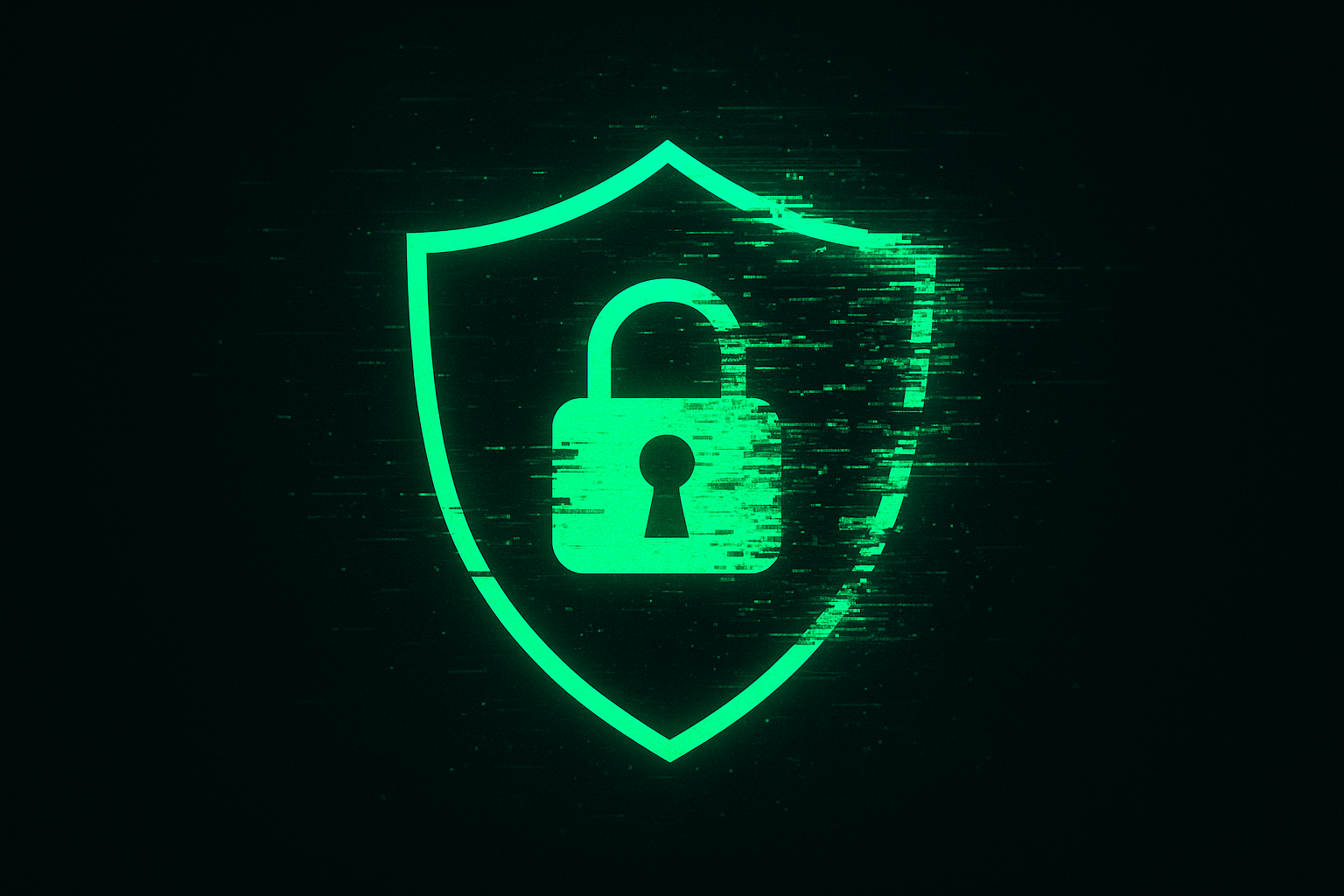If you use SSH to connect to remote servers, you know how important it is to keep your SSH keys secure. But even if you’re careful, there are still a few common mistakes that can lead to problems. This post will review some of the most common mistakes people make when managing their SSH keys and how to avoid them.
Don’t store your SSH keys in plain text files.
Secure storage of SSH keys not only protects physical systems from unauthorized access but also ensures that any data stored on them remains safe from malicious actors. Keeping SSH keys in plain text files is never a good idea because anyone may gain access to vital resources if your computer or the file is compromised. It is much better to store these keys in an encrypted form, making them inaccessible unless the user presents the correct credentials and permissions. In short, always encrypt your SSH keys for maximum security and peace of mind.
Don’t use the same SSH key for multiple servers.
Keeping your servers secure is essential to a successful IT infrastructure, and using separate SSH keys for each server offers an extra layer of security. Unauthorized access can be dangerous if it happens, so having multiple keys means that if one key becomes compromised, the attacker won’t gain access to your other servers. Furthermore, organizations that adhere to PCI DSS and other compliance regulations should create independent SSH keys for every server as part of their data security plan to ensure that all systems are as secure as possible. By not using the same SSH key for multiple servers, you’ll set up a reliable system that your business can rely on for long-term success.
Don’t share your SSH keys with anyone.
Your SSH keys enable remote access to your computer, so it is vital that you keep them secure and private. Sharing your SSH keys with another person can increase the risk of data loss or theft and make it easy for someone to gain unauthorized access to your computer. Furthermore, sharing your SSH keys may also grant contact-level (including administrative) access to any computers on your network; thus, keys accessible on those devices could be in jeopardy. It’s best to guard against even the most tempting invitations to share credentials with unfamiliar parties by ensuring you always know to whom you’re giving login information.
Keep your SSH keys secure – don’t let them get into the wrong hands.
Keeping your SSH keys secure is essential for shielding yourself and your business from cyber security threats. While SSH keys are a powerful tool that provides secure communication between two systems, if they become compromised, malicious actors may gain access to sensitive data or perform nefarious activities without detection. As such, it’s crucial to keep these keys safe and out of the wrong hands – encrypt them using a passphrase to make brute-forcing nearly impossible and use reliable cloud storage services like Amazon S3 or DigitalOcean Spaces to back them up regularly. Additionally, take extra precautions when granting access – know who has the keys and limit how much access they have by ensuring they only require the permissions necessary for their job role. Following these steps will help you protect against unauthorized access and preserve the integrity of your data.
Use strong passphrases for your SSH keys to protect them from brute-force attacks.
When protecting SSH keys from malicious brute-force attacks, the best approach is to use strong passphrases. These are unique, complex phrases comprising symbols and letters that not even the most dedicated hacker would have time to guess or break. Passphrases are significantly harder to crack than using just individual passwords, as they tend to be far longer and more carefully devised. With the right combination of thought and creativity, you can arm yourself with one of the most powerful tools for securing confidential data at scale.
Storing your SSH keys in plain text files is a huge security risk and should be avoided at all costs. If you must use the same SSH key for multiple servers, keep it safe and secure. Never share your SSH private keys with anyone – not even your trusted colleagues. If you want to secure your SSH keys, consider using a strong passphrase to protect them from brute-force attacks.
Are you thinking of implementing an SSH Key Management strategy? Get in touch to see how Jadaptive solutions can help you enforce policy and stay productive.
